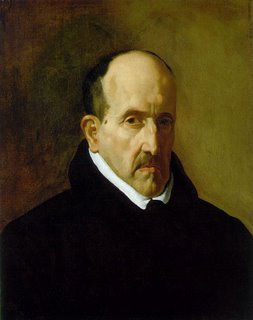
The man who took a PhD in Happiness Science
(Paul Johnson “The Spectator” 23.6.2007)
(Paul Johnson “The Spectator” 23.6.2007)
Lady Diana Cooper used to relate that, at a dinner she gave in the British embassy in Paris, not long after the war, Madame de Gaulle was asked what she was looking forward to now her husband had left office. To the consternation of the table she replied, ‘A penis.’ Whereupon the General spoke: ‘No, my dear, you are mispronouncing the word. You mean “appiness”.’ Yes: but what did the lady really mean? What does anyone mean by happiness? It is the most subjective of all emotional states. As Kant said in his Ethics, ‘Happiness is not an ideal of reason but of imagination.’ Nevertheless, public-spirited people, wishing to ‘do good’, are always subjecting it to rational analysis, so as to devise government policies to maximise it. As long ago as 1725 the Scotch philosopher Francis Hutcheson coined the maxim ‘That action is best, which procures the greatest happiness for the greatest numbers.’ The idea was taken over, without acknowledgment, by Jeremy Bentham, as the ‘sacred truth’ of his new political theory, utilitarianism: ‘The greatest happiness of the greatest number is the foundation of morals and legislation.’ He defined happiness, essentially, as the experience of pleasure accompanied by the absence of pain. His approach was crudely quantitative and unsubtle: it was left to John Stuart Mill in Utilitarianism to differentiate between pleasure and happiness. Nonetheless, Bentham was not a fool. He argued that the best way in practice to promote happiness was to synthesise utilitarianism with the free-market system advocated in Adam Smith’s Wealth of Nations, to produce an adumbration of the welfare state, with guaranteed employment, free education and sickness benefits. […] We do not have to go as far as Shaw, who wrote in Man and Superman that ‘a lifetime of happiness’ would be ‘hell on earth’. But it’s clear to some of us anyway that the pursuit of happiness is unlikely to get you there. When I was an editor, one of my staff told me he wanted to resign as ‘I’m not very happy.’ ‘Happy?’ I roared. ‘You are not here to be happy. You are here to do your duty.’ He scuttled off, terrified, but resigned all the same. I suppose the attempt to perform one’s duties, conscientiously and warmly, is an essential step towards achieving peace of mind, which, in my experience, is the best definition of happiness. Certainly the spiritual dimension cannot be left out. St Thomas Aquinas thought that ‘the very seeing of God’, defined by him as ‘an act of the intellect’, was ‘substantially and basically our happiness’. And that is the message of St John of the Cross’s wonderful little book The Dark Night of the Soul, which is probably a better guide than a PhD in Happiness Science. For it’s all very well sitting for degrees in the subject, but what if you fail? Then you realise, in the words of old Dr Whately, the famous Anglican Archbishop of Dublin, ‘Happiness is no laughing matter.’ Indeed no. As I wander down the muddle-headed path of life, I tend to agree with Evelyn Waugh’s last sentence in his book Labels, written in misery when his first marriage collapsed in humiliation: ‘Fortune is the least capricious of deities, and arranges things on the just and rigid system that no one shall be very happy for very long.’


<< Home